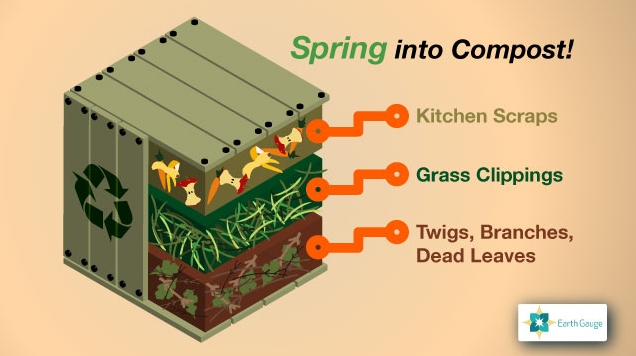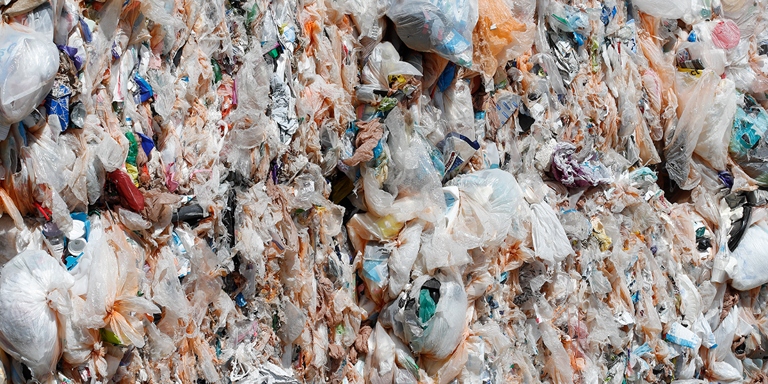As more and more people become interested in composting, they often wonder which items are compostable. One common item that people are curious about is twine. Twine is often made from natural materials like cotton or jute, which makes it seem like it would be compostable. However, there is some debate on whether or not twine is actually compostable. In this article, we will take a look at whether twine is compostable and why it might be a good idea to compost it.
Some Types of Twine Can Be Composted
Twine is a common household item, and many people don’t know that some types of twine can be composted. Composting twine is a great way to reduce waste and help your garden or compost bin break down organic matter. There are a few things to keep in mind when composting twine, but it is generally a safe and easy process.
Why Composting Twine Is Such a Good Idea
Twine is made from natural fibers like cotton or jute, which break down quickly and turn into nutrient-rich compost that can be used to improve your soil. Composting twine is a great way to reduce your environmental impact and save money.

Instead of throwing away your used twine, you can compost it and use it to improve your garden. Composting twine is easy to do, and it’s a great way to reduce your impact on the environment. Composting twine is also a great way to reduce waste.
Synthetic Fibers Can’t Be Composted
When synthetic fibers are added to compost, they can actually prevent other materials from breaking down. While natural fibers like cotton and wool can be composted, synthetic fibers like polyester and nylon cannot. This is because synthetic fibers are made from petroleum products, which are not biodegradable.
Synthetic Twine Might Be Able to Be Recycled
This is due to the growing concern over the environmental impact of synthetic materials, as well as the increasing amount of synthetic waste that is produced each year. In recent years, there has been an increasing focus on the recyclability of synthetic materials.
Twine is a synthetic material that is commonly used in a variety of applications, such as packaging, gardening, and construction. One synthetic material that has received a lot of attention in the recyclability debate is twine.

This is because twine is made from a variety of synthetic materials, such as polypropylene and polyethylene. While twine is not currently recyclable, there is a possibility that it could be recycled in the future. These materials are already being recycled successfully, so there is a good chance that twine could be recycled in a similar manner.
Twine is a material that is used in large quantities every year, so recycling it would have a significant impact on the amount of synthetic waste that is produced. If twine is able to be recycled, it would be a major step forward in the fight against synthetic waste.
There is still a lot of research that needs to be done on the recyclability of twine, but the potential is there for it to be a major step forward in the fight against synthetic waste.
Frequently Asked Questions
1. What is Twine?
Twine is a string or cord made of natural fibers such as jute, hemp, or sisal. It is commonly used in gardening and agriculture.
2. Is Twine compostable?
Yes, twine is compostable. It will break down into organic matter that can be used to improve soil health.
3. Why is composting Twine a good idea?
Composting Twine is a good idea because it reduces waste, helps improve soil health, and can be used as a natural fertilizer.
4. How do I compost Twine?
To compost Twine, simply bury it in your compost pile or bin. It will break down over time and add nutrients to the soil.
5. What are the benefits of composting Twine?
The benefits of composting Twine include reducing waste, improving soil health, and providing a natural fertilizer.
Final thoughts
In conclusion, twine is compostable and it might be a good idea to compost it. There are many benefits to composting, including reducing the amount of waste in landfills, reducing greenhouse gas emissions, and improving the quality of the soil.
